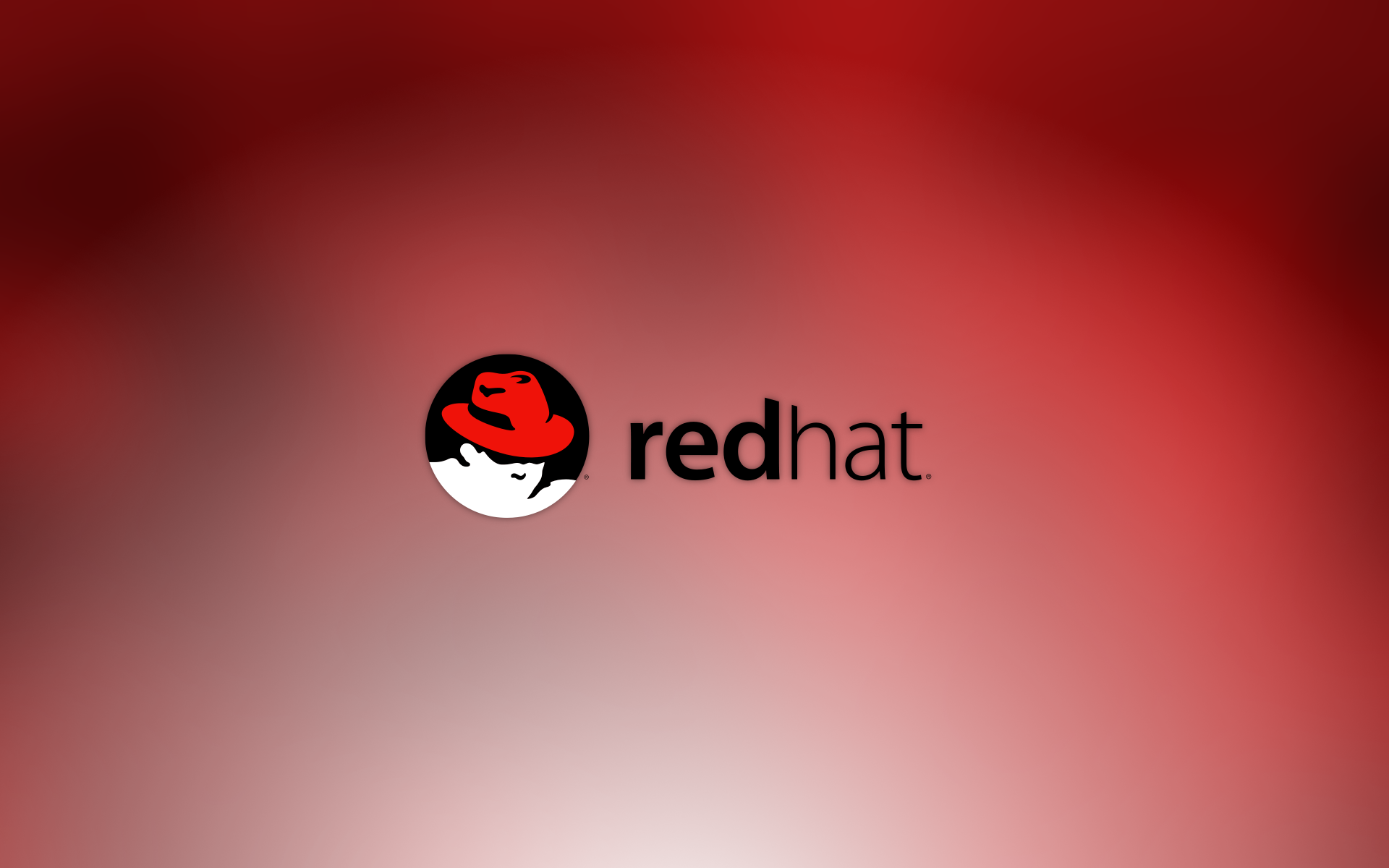 CLOUD
CLOUD
 CLOUD
CLOUD
 CLOUD
CLOUD
Red Hat Inc. said its upcoming Red Hat Enterprise Linux 7.4 release will come with a number of new features aimed at boosting security and performance.
The company has just released a beta version of RHEL 7.4, giving organizations the chance to preview some of those new features. Improved security is the main headline here. RHEL 7.4 beta introduces several new security capabilities including support for Network Bound Disk Encryption, which allows companies to encrypt the root volume of hard drives so they won’t need to enter the password each time the system is rebooted. What it means is that if a drive containing critical data fails, it can still be decrypted once it’s restored into service.
A second new security feature is support for the open-source USBGuard software framework. This is a project that protects systems against malicious USB devices using whitelisting and blacklisting policies based on device attributes. RHEL 7.4 allows users to configure USBGuard locally and at scale using Ansible roles, the company said.
The release also comes with an updated OpenSSL 1.0.2k package to boost Secure Socket Layer/Transport Layer Security, Red Hat said.
The other main focus with this release is on making system management and automation simpler. These days, RHEL is being installed by users on everything from bare metal servers to cloud-native virtual machines, and so Red Hat is incorporating Ansible DevOps, its open-source information technology automation framework, into the OS to make management easier, regardless of where it’s run.
For those who don’t know how to use Ansible, Red Hat is introducing something called RHEL System Roles, which are ready-to-deploy, RHEL-specific supported configurations. These use Ansible’s automation capabilities to simplify RHEL server deployments with a single set of tools.
The Ansible integration also brings several other features, including new enhancements to RAID Takeover that allow users to change the RAID configuration and characteristics of their logical volumes while in-use. There’s also new support for the Performance Co-Pilot analysis framework that’s used for DevOps monitoring, real-time analytics and IoT monitoring.
Those who want to take RHEL 7.4 beta for a test drive can sign up via the Red Hat Customer Portal.
Support our open free content by sharing and engaging with our content and community.
Where Technology Leaders Connect, Share Intelligence & Create Opportunities
SiliconANGLE Media is a recognized leader in digital media innovation serving innovative audiences and brands, bringing together cutting-edge technology, influential content, strategic insights and real-time audience engagement. As the parent company of SiliconANGLE, theCUBE Network, theCUBE Research, CUBE365, theCUBE AI and theCUBE SuperStudios — such as those established in Silicon Valley and the New York Stock Exchange (NYSE) — SiliconANGLE Media operates at the intersection of media, technology, and AI. .
Founded by tech visionaries John Furrier and Dave Vellante, SiliconANGLE Media has built a powerful ecosystem of industry-leading digital media brands, with a reach of 15+ million elite tech professionals. The company’s new, proprietary theCUBE AI Video cloud is breaking ground in audience interaction, leveraging theCUBEai.com neural network to help technology companies make data-driven decisions and stay at the forefront of industry conversations.